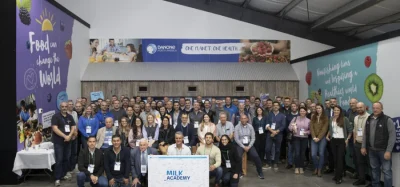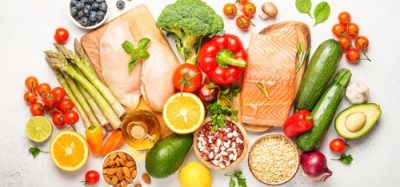How is the bird flu outbreak affecting the UK?
Posted: 4 November 2022 | Grace Galler | No comments yet
Over the past year, avian influenza outbreaks have erupted over the UK. With the Government ordering all birds to be housed, New Food’s Grace Galler speaks to various names in the food industry to understand how bird flu has impacted poultry professionals.
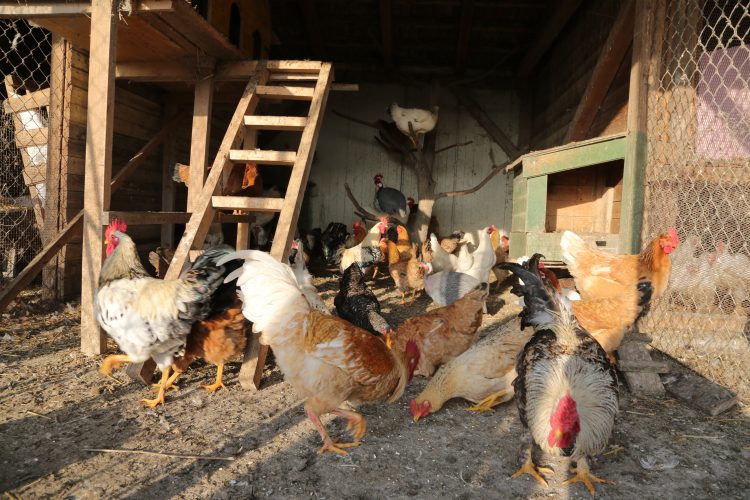

From 7 November 2022, all birds in England must be housed.
The UK has experienced numerous outbreaks of avian influenza (commonly referred to as bird flu) over the past year. Consequently, to contain the spread of the virus, the UK Government has ordered that all birds must be housed in England from 7 November 2022.
Since 27 October 2021 there have been 222 cases of Highly Pathogenic Avian Influenza (HPAI) H5N1 in England according to the UK Government. As of 3 November 2022, there have been 88 confirmed cases of HPAI H5N1 in England since 1 October 2022 alone.
Christine Middlemiss, the UK’s Chief Veterinary Officer, stated that “the risk of kept birds being exposed to disease has reached a point where it is now necessary for all birds to be housed until further notice.”
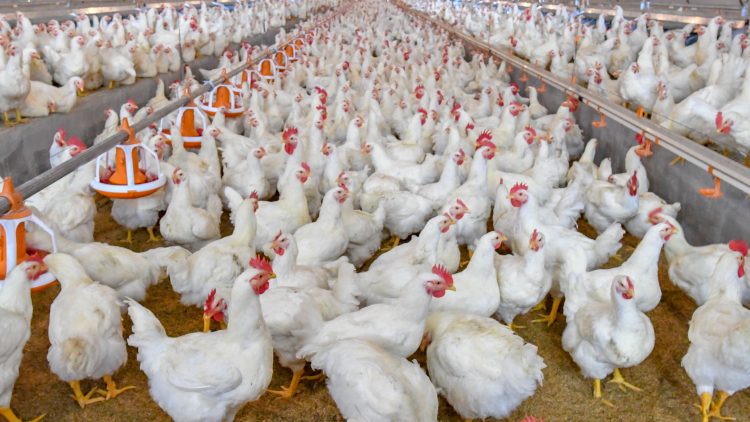

To contain the spread of avian influenza, bird keepers will be legally required to keep their flocks housed.
Middlemiss also argued that the mandatory housing measures are “the best way to protect your birds” and Kerry Maxwell, Author at the British Poultry Council, agreed, telling New Food that implementing the housing rule was “very much the right thing to do.” What’s more, Maxwell disclosed that there has been widespread industry consensus relating to the new rule. In her words: “people are up for it”.
What is avian influenza?
Avian influenza is a virus that causes diseases in birds. The virus is classified into two categories depending on its severity: highly pathogenic avian influenza (HPAI) and low pathogenic avian influenza (LPAI).
The Centres for Disease Control and Prevention (CDC) has claimed that both LPAI and HPAI can spread rapidly through poultry. The spread occurs when infected birds shed the virus in their saliva, nasal secretions, and faeces. Subsequently, healthy birds can become infected when they are in direct contact with the shed form of the virus. Birds can also contract the virus when they are exposed to surfaces contaminated with the avian influenza.
UK Government steps in
When bird flu cases started to mount, with 48 million birds having to be culled in the UK and EU due to avian influenza between 2021 and 2022 alone, the UK Government decided that more stringent measures were needed to get bird health back on track.
AIPZ
On 17 October 2022, the UK’s Chief Veterinary Officer declared a UK wide Avian Influenza Prevention Zone (AIPZ) due to a change in risk levels and an increased number of bird flu cases.
This meant that all bird keepers had to legally follow strict biosecurity measures in order to keep their flocks safe and mitigate the risk of the virus spreading further.
What’s more, to ensure bird keepers were up to date with safety measures, the Government released a self-assessment checklist. Officials advised bird keepers to fill out the document so it could be presented during inspections to the Animal and Plant Health Agency (APHA) or Local Authorities upon request.
Although AIPZs were implemented across the UK, certain locations in England were given specific orders. Bird flu hotspots including Norfolk, Suffolk and parts of Essex were instructed to continue following the mandatory housing measures that had been put in place since 12 October.
Mandatory housing measures
With the outbreak affecting areas up and down the country, the UK Government has decided to implement mandatory housing measures across the entirety of England from Monday 7 November.
These measures will legally require bird keepers to keep all birds (regardless of type or size) indoors and to follow biosecurity measures to protect their flocks from the disease.
Approving of the decision, the British Egg Industry Council (BEIC) stated: “We are pleased that the Government has taken action to protect the health of hens by ensuring they are temporarily housed.”
For those concerned about the animal welfare implications of housing birds, a spokesperson from the BEIC clarified “All free-range hen houses are designed to stock birds in the same numbers as barn hens, who live permanently inside similar barns.
“Producers will be spending time with their birds and will make sure they have some additional activities, for example, hanging items like hay nets for them to play with, to ensure that their welfare is not affected while they adapt.”
Even though there have been multiple bird flu outbreaks in Wales recently, Maxwell was keen to point out that the housing restrictions are currently “only England based”.
To prevent further spread of the virus to neighbouring countries, Maxwell told New Food: “Hopefully Wales and Scotland will follow suit soon, though Scotland are very much in the clear at the moment so let them enjoy their freedom whilst they can.”
When will the rule be lifted?
Even though the rule is due to be implemented next week, many poultry industry professions might be wondering when the bird housing rule will be lifted to allow poultry farming to go back to ‘normal’.
The UK Government has not provided an end date for the housing measures as of yet. Maxwell told New Food that it is “impossible to say” when the restrictions will be lifted as “things are changing and moving so rapidly”.
However, as a short-term goal, Maxwell concluded that “right now, long term considerations have to be made for the egg sector in terms of how long they can keep their free-range birds inside”.
What does this mean for the food and beverage industry?
Although previous bird housing orders in 2021 helped to contain the spread of the virus, various implications arose including free-range egg shortages in UK supermarkets.
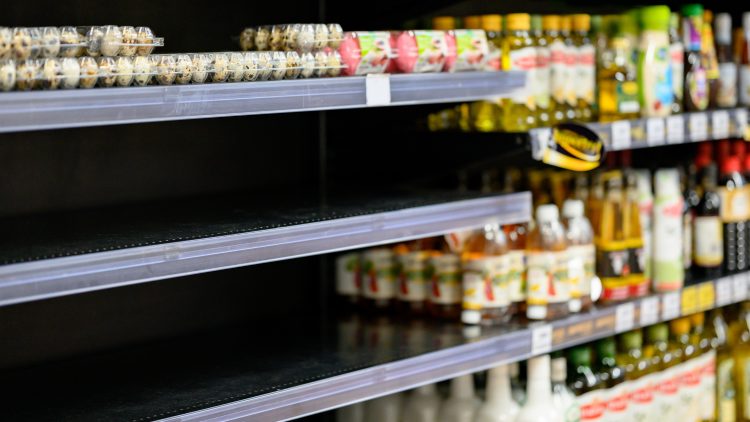

In 2021 there was a ‘free-range’ egg shortage in the UK due to bird housing
To classify eggs as ‘free-range’, regulators ensure that animals are kept inside for no longer than 16 weeks. With the latest housing order having no definite end date, this egg shortage could resurface.
As the cost-of-living crisis is pushing up food prices across the board, many Brits are already concerned about their food shops. While she can’t “crack out [her] crystal ball” to determine whether there will be more egg shortages on the horizon, Maxwell does accept that bird housing is “going to be a challenge” for the industry.
“But you do what you can to keep your birds safe, right?”
Related topics
Clean Label, Environment, Food Safety, Food Security, Health & Nutrition, Quality analysis & quality control (QA/QC), Recruitment & workforce, Regulation & Legislation, retail, Supermarket, Supply chain, The consumer, Trade & Economy
Related organisations
Animal and Plant Health Agency (APHA), British Egg Industry Council (BEIC), British Poultry Council, Centres for Disease Control and Prevention (CDC), UK Government




